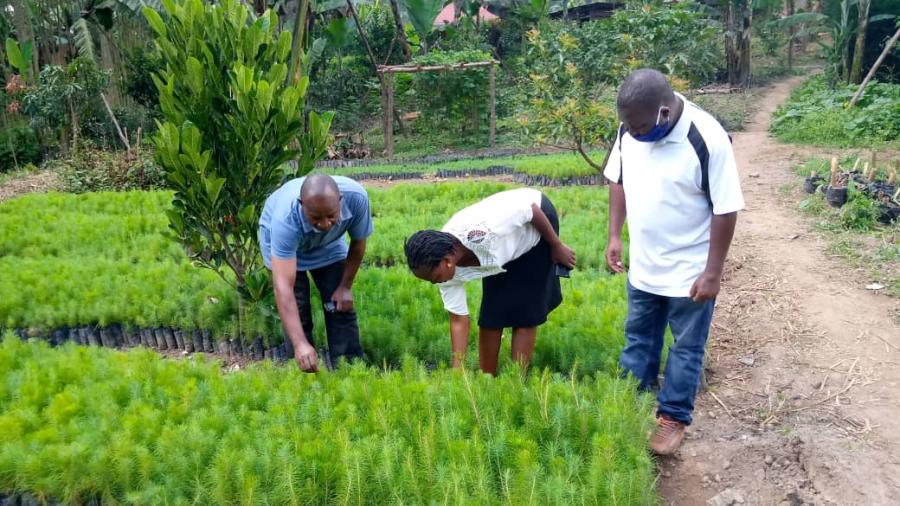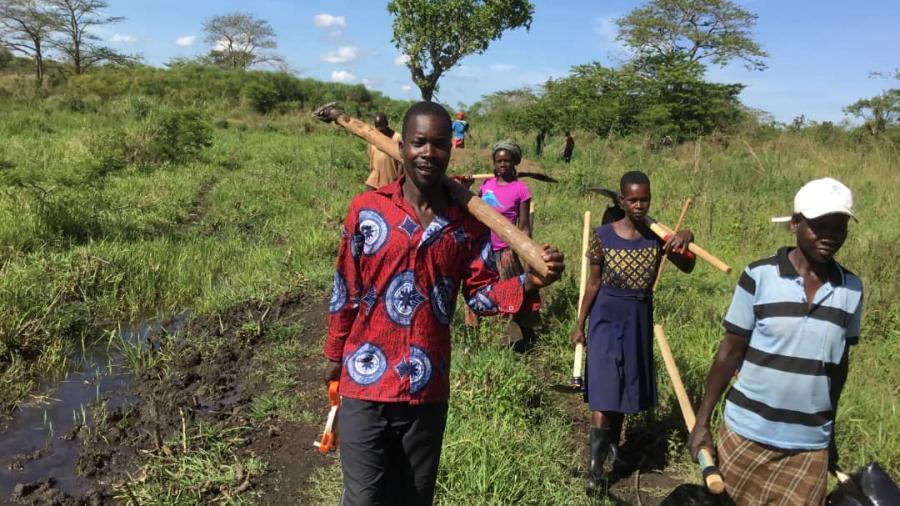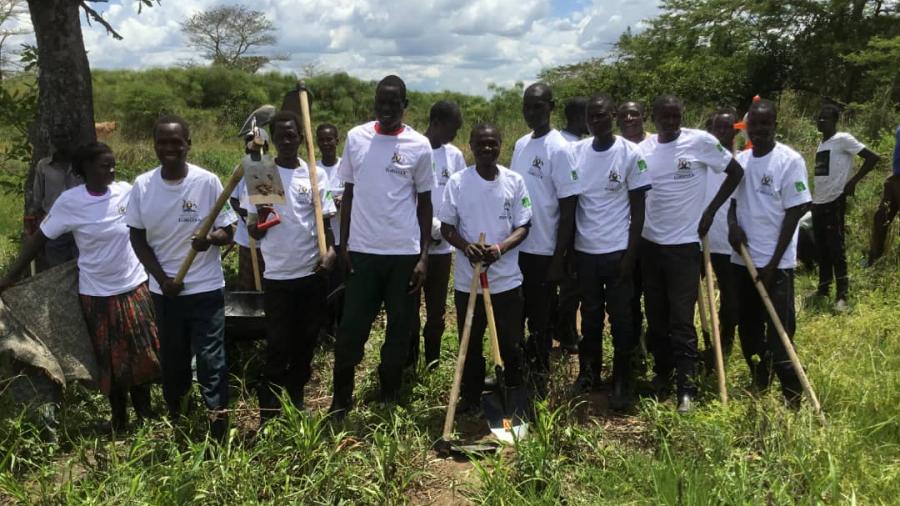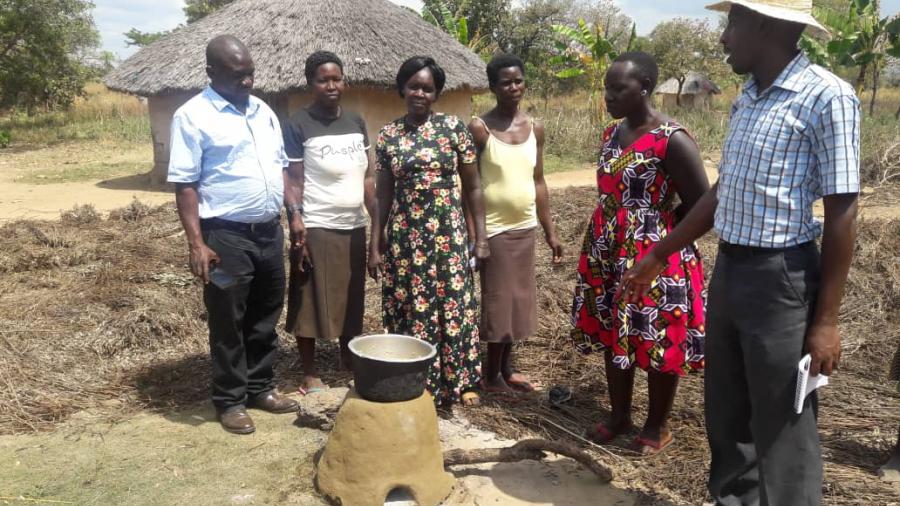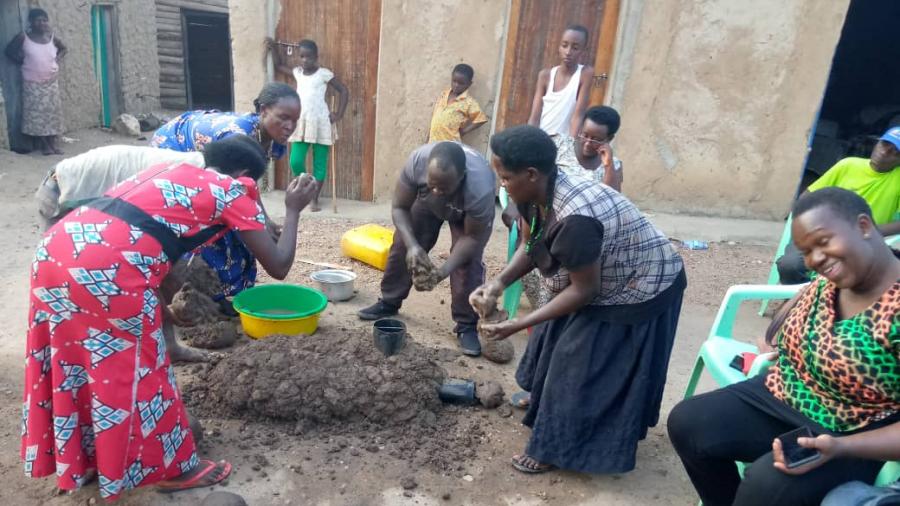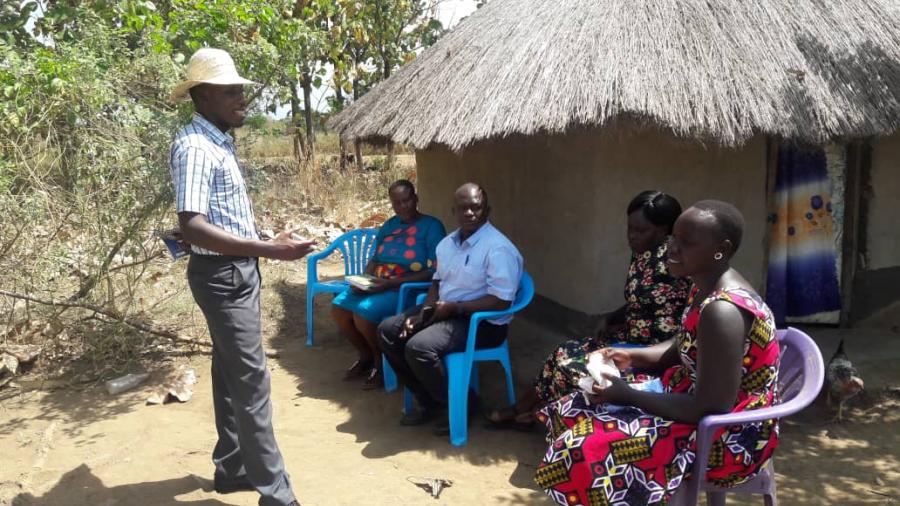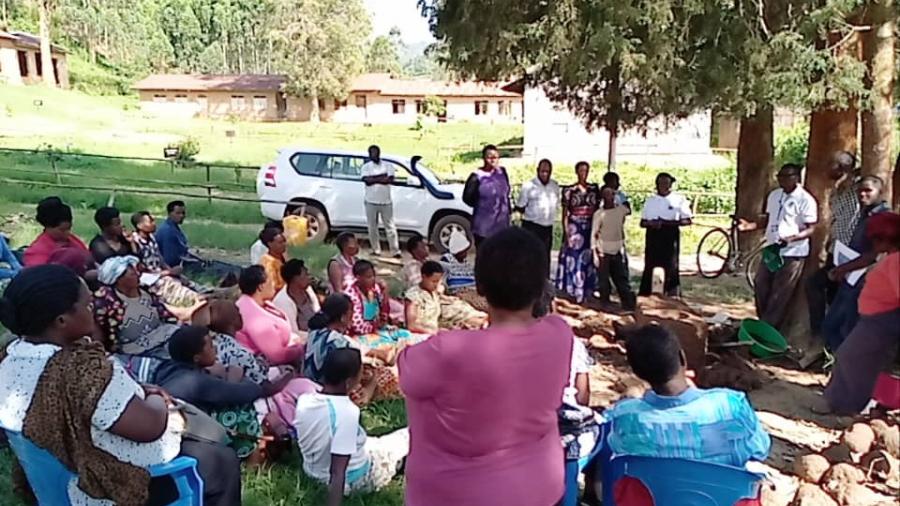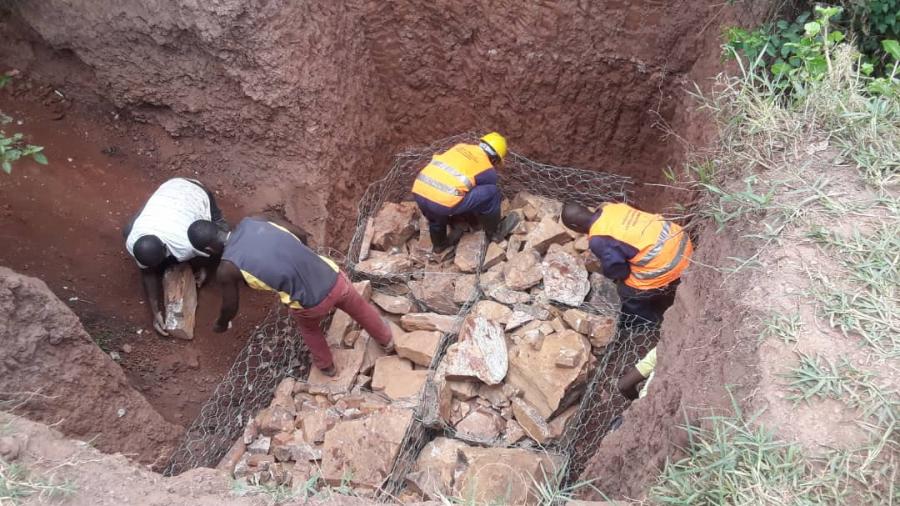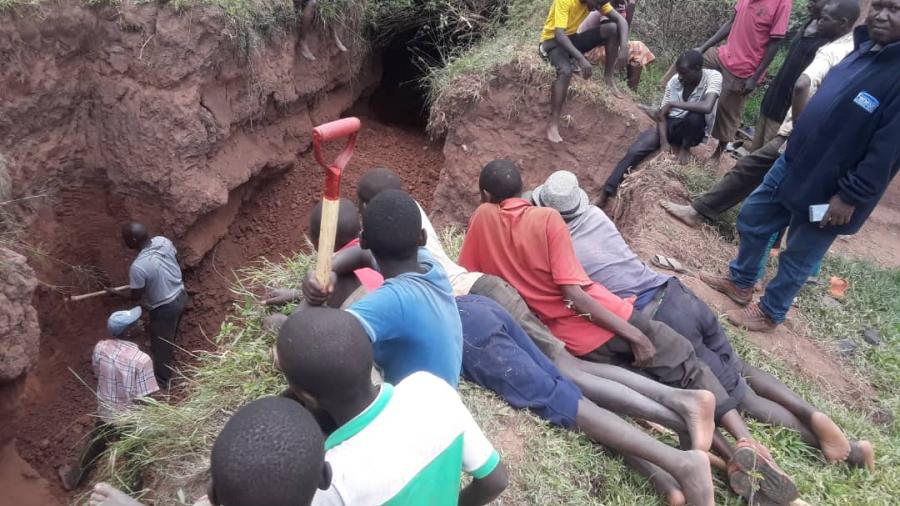Approval Date
March 2017
Project Duration
4 years (2017 - 2021)
Financial & Technical Partners
The Adaptation Fund with a funding of US$ 7,751,000
Country of operations
Uganda
Executing Entities
Ministry of Water and Environment (Uganda)
Main Beneficiaries
Ministry of Water and Environment (MWE), Ministry of Agriculture Animal Industry and Fisheries (MAAIF), Local government staff, Catchment Management Committees, Communities, Civil Society (NGOs, CBOs), Private Sector
Project locations
The project will be implemented in 3 catchments namely:
• Awoja in the Kyoga Water Management Zone
• Aswa in the Upper Nile Water Management Area
• Maziba in the Victoria Water Management Zone
Main Objective
The overall goal of the project is to increase the resilience of communities to the risk of floods and landslides in Awoja, Maziba and Aswa catchments through promoting catchment based integrated, equitable and sustainable management of water and related resources
Specific Objectives
- Increase the resilience of ecosystems by supporting sustainable management of forests, wetlands and riverbanks;
- Increase the resilience of agricultural landscapes by supporting communities to develop and implement sustainable water harvesting, soil bio-physical and flood contral structures;
- Increase resilience of other community livelihood systems by supporting income generating activities with credit and market access;
- Build the capacity of extension, services and institutions at local catchment, water management zone and national level to better support local stakeholders.
Components
- Establishing Framework for Climate Resilient Catchment Management in Awoja, Aswa and Maziba catchments
- Implementing concrete adaptation actions for resilient and sustained ecosystems, agricultural landscapes and other livelihood systems
- Building climate change adaptive capacities of institutions and communities and managing knowledge
Main Achievements
- Preparation of plans to restore and manage wetland, degraded river banks, protect buffer zones and for water harvesting, flood control structures and biophysical conservation structures and train communities
- Editing, production and dissemination of popular versions of the revised Comprehensive catchment planning guidelines, by integrating Climate change issues in the three catchments (Awoja, Aswa and Maziba)
- Initiation of the catchment-based approaches by conduct start-up meetings for the 9 committees and leaders in the 9 sub-catchments
- Training selected individuals and groups in nursery establishment and management
- Creation of 9 nurseries (3 in each catchment) in PPP and provide them with inputs, procurement and distribution of seedlings to farmers
- Training communities in forest management, wetland rehabilitation and restoration, and on the protection of river banks
- Selection and training households in production of improved cookstoves and sensitization communities on the advantages of using them
- Organization of community WSs to develop site-specific wetland restoration action plans
- Conduction of WSs and meetings to sensitize communities on water harvesting and flood control structures
- Development of training modules for the TOTs and field level trainings to build the capacity of stakeholders
- Selection and agreement on land for setting up demonstrations
- Organization of quarterly meetings of catchment and sub-catchment committees and forums to review progress
Expected Outcomes of the project
- Comprehensive catchment planning system that integrates issues of climate change established and tested in Awoja, Aswa and Maziba catchments
- Awoja, Aswa and Maziba catchments managed by appropriate water and climate governance structures
- Resilience of ecosystems services of forests, wetlands and riverbanks to climate change impacts enhanced
- Resilience of agricultural landscapes to floods and landslides enhanced
- Resilience of livelihood systems to climate change impacts enhanced
- Adaptive capacity of communities and other stakeholders to climate change impacts strengthened
- Documenting and developing mechanisms to integrate climate change adaptation and implementation

